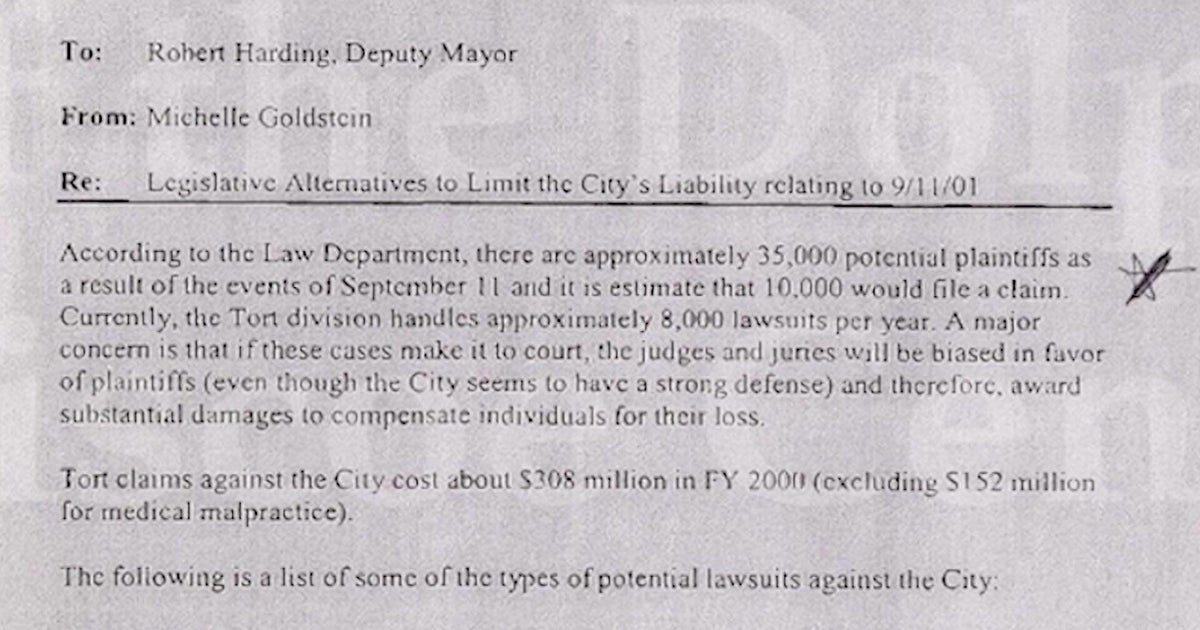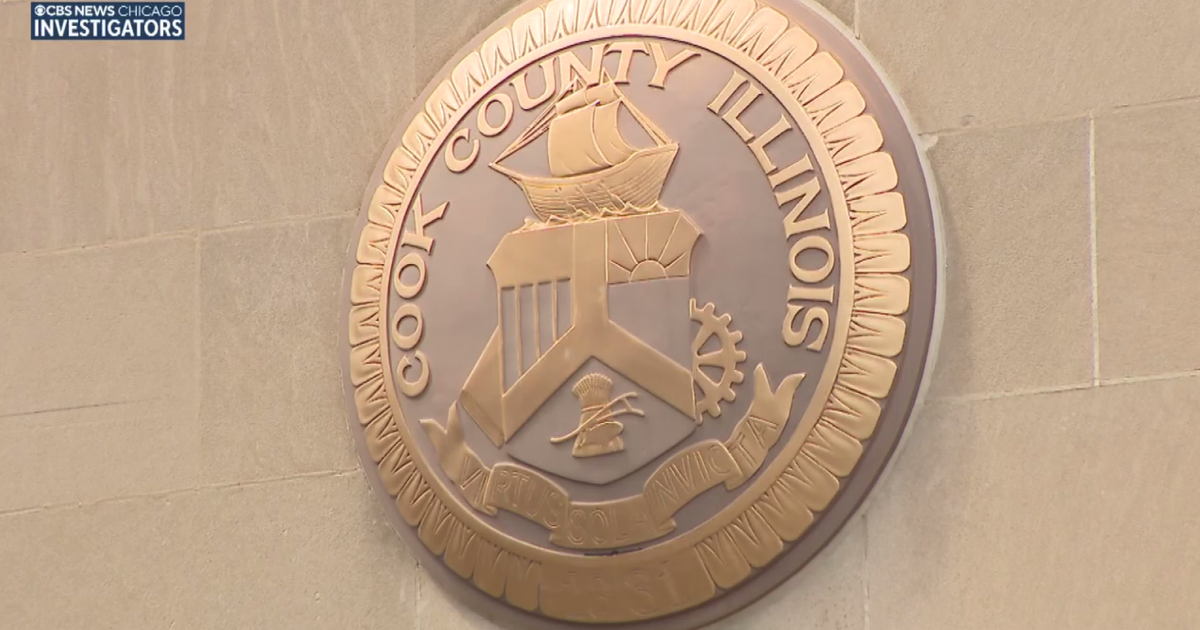Does Your Credit Card Force You To Give Up Your Rights?
Follow CBSMIAMI.COM: Facebook | Twitter
MIAMI (CBSMiami/CNN Money) -- So many questions come about from trying to choose a credit card from the credit limit to benefits to the APR.
But there's another aspect of credit cards that often goes overlooked, usually because people don't think they have much of choice: arbitration clauses.
Often these terms are forced. But with 7 out of 10 card issuers allowing their users to resolve disputes in court rather than through forced arbitration, you can avoid them if you know what you're looking for, according to a study by CreditCards.com.
Wait: what's an arbitration clause, again?
Arbitration clauses are included in the terms of service for many credit card companies. They require an alternative process to the court system in which a mediator hears both sides of the case and issues a decision. There's no jury and the opportunity to appeal is unlikely. Plus, the consumer loses some rights and protections like the opportunity to join a class action claim.
"People would want to avoid an arbitration clause because it limits your options in case something goes wrong between you and your card issuer," says Matt Schulz, senior industry analyst with CreditCards.com. "It basically says that you can't go to court to resolve these disputes, you have to go through an arbitrator."
Related: Club store shopping makes you spend and eat more
According to a study of the arbitration process by the Consumer Financial Protection Bureau, consumers lose more than they win in arbitration. Ultimately, consumers saw reduced compensation.
With Congress recently repealing the CFPB's rule restricting arbitration clauses, avoiding them is on you.
Of the 30 issuers, representing 99% of all U.S. consumer card balances, nine did not have a forced arbitration clause including some of the biggest, including, Chase, Bank of America and Capital One.
Out of the remaining 21 issuers that do have an arbitration requirement, 12 allow customers to reject the clause by sending an opt-out letter. Some of these include American Express, Citibank and Discover.
To opt out, you need to write a letter within the window of time specified by the issuer -- usually 30 to 90 days after signing up for the card. In nearly all cases you cannot opt out as long-standing cardholder.
"It's important that people understand opting out of arbitration likely won't impact their ability to use the card," says Schulz. "In fact, several issuers mention that specifically in their cardmember agreements."
There are nine issuers, including Barclays, USAA, Wells Fargo and USBank, that do not give you the opportunity to opt out of arbitration clauses.
You can find all 30 issuer's terms on arbitration clauses here.
"Most people don't go into picking a credit card based on arbitration clauses," says Schulz, "but it is important to understand, especially given the short window of time you have to opt out, what your options are."







